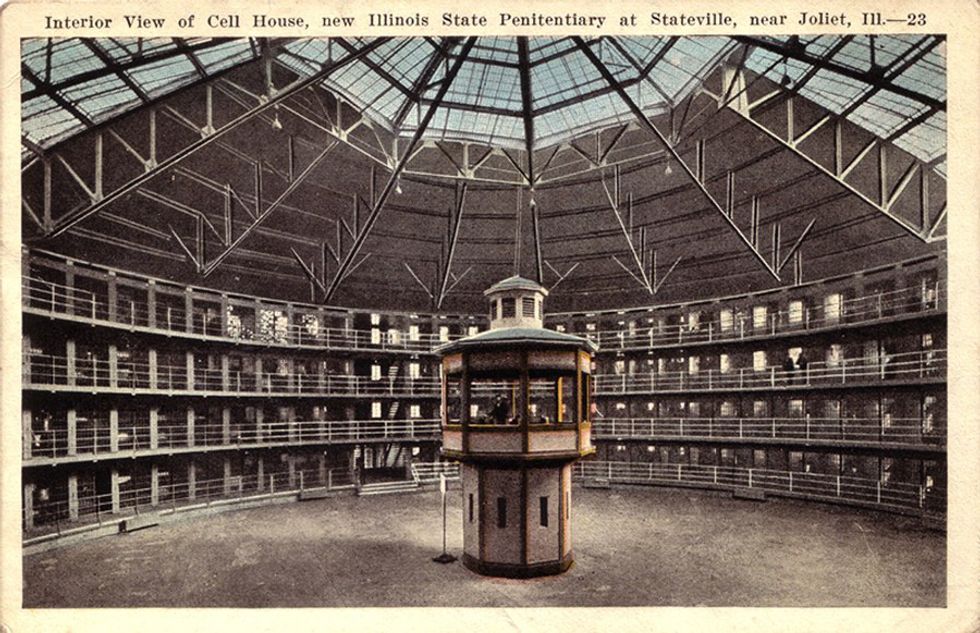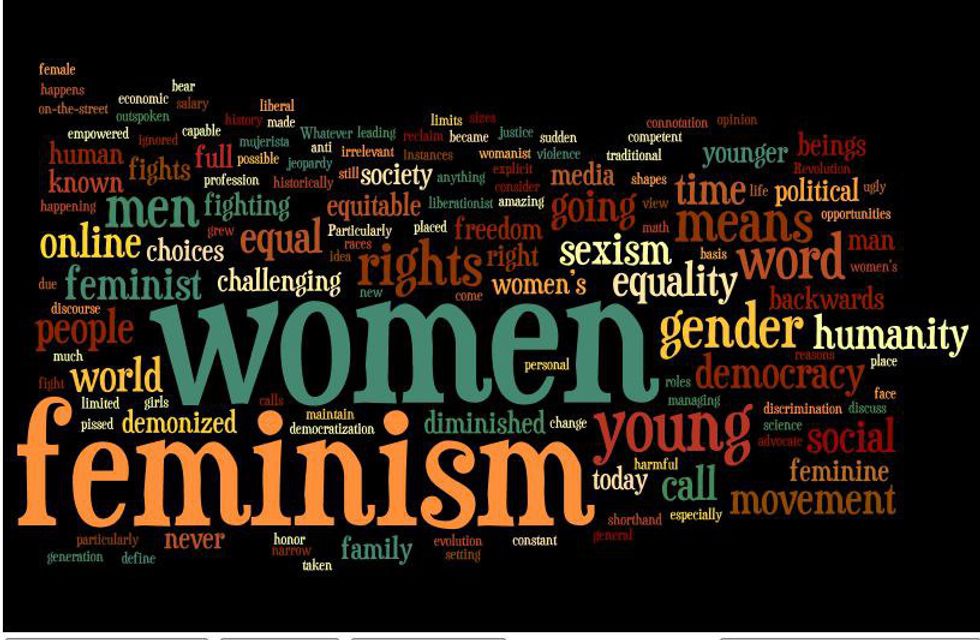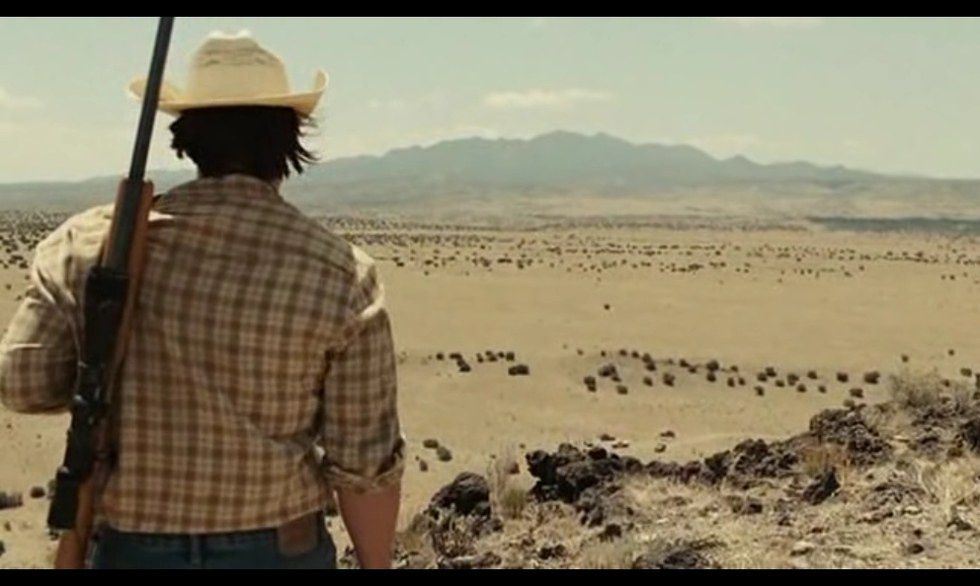As my senior year of high school dragged on, I was absolutely desperate for the dreadful monotony to end and for my exciting college life to begin. I was stoked to move on to newer and better things, and to finally experience being around like-minded people who were also motivated to learn how to dismantle different social constructs and power systems within our society. I wanted to be around other people who also cared about the world as much as I did. Being in an environment where everyone only cared about their college resumes and how much better they were than others academically was exhausting. Moving into my dorm at Scripps College felt like that blissful escape I had been thirsting for.
My first year as a student at Scripps has been a rather ambivalent experience. It was so much better than high school and definitely everything I had hoped it would be, but also there were many highs and lows. I grew as a person and an activist, and was academically given the tools I needed to properly defend my arguments and views. I met so many amazing people from a variety of diverse groups who educated and empowered me through their experiences and support. However, I was also met with some harsh realities. Unlike in high school, where most of the issues I would speak out against would be based on news stories, many of the events and situations would occur very close by just on the neighboring campus. It pained me greatly to see the struggles my peers in marginalized groups would go through at the hands of systematic and institutionalized racism from the administration and even from other students. I was naïve still to the world, and did not expect to see these things on the Claremont campuses already in the first semester of my first year. It was terrifying and eye-opening, but also motivated me to fight more against the injustices and power imbalances in our society. Moreover, on a personal level, I also experienced a lot of inner turmoil on behalf of my identity, mental health, and the overall shock of the transition from high school to college. The new environment, academic expectations, and overall social practices were difficult to balance and adjust to, causing my first semester to be very rocky. However, these experiences were necessary in helping my growth and maturity. I learned from my mistakes so that I could improve my second semester significantly.
A factor that did make my overall experience as a college first year positive was the curriculum. The classes I have taken at the Claremont Colleges have gone above and beyond my expectations for the most part. Many of them have introduced me to new ideas and concepts, as well as expanded my world view in unexpected ways. Therefore, I wanted focus on three courses I took this year that really impacted and interested me.
Core 1: Histories of the Present: Violence
I was a bit intimidated by the idea of Core when I first heard about it. However, my first Core class was an amazing, enlightening experience, and nowhere near as difficult as I had expected. As most Scripps first years would say, the book that impacted me the most was "Discipline and Punish," by Michel Foucault. It was one hell of a book, and very difficult to understand at times, but it was extremely eye-opening. Before then, I had known very little about the prison-industrial complex. Now, I have become aware of how it and the tradition of violence as a spectacle have infiltrated our everyday lives. I actually want to reread it over the summer to see how my comprehension of the book has changed. Overall, every single book I read for this course was superb and created interesting discussion topics and opportunities. The time we spent discussing the history of Native American oppression, especially via Edward Curtis’s photographs, was also significant. I had never realized how problematic it was to treat these real people and cultures like semi-mythological figments of the past, and the knowledge I gained on the topic also became useful in a later class in analyzing Native Americans and the American West. Because of this first Core class, I feel equipped to better understand and recognize the systems of violence in our society.
Core 2: Misrepresentation of Women in Science and Society
This is a course that many have dubbed “life-changing,” and rightfully so. No other class or internet article has been able to explain the power imbalances in our society in terms of gender and the depth to which we are controlled by the patriarchy like this. Taught by Judy LeMaster and Mary Hatcher-Skeers, who are absolutely superb professors, I would leave each class session fired up and ready to dismantle every problematic aspect of our society. The readings assigned went extensively over a variety of topics, from gender bias in psychological studies to the stigma of menstruation. I ended up actually purchasing two of the books that contained some of the course readings: "Sexing the Body: Gender Politics and the Construction of Sexuality,"by Anne Fausto-Sterling and "Whipping Girl: A Transsexual Woman on Sexism and the Scapegoating of Femininity," by Julia Serano. This class inspired me to write about the hookup culture and the virginity myth, as well as gave me the tools I needed to roast anyone in any argument relating to feminism. Students and professors alike shared personal stories and discussions about their own experiences with sexism, both outward and subtle, which made the course all the more powerful. The only criticism I have is that I wish there had been more in the class about the struggles of queer women and women of color.
English 68: Literature of the American West
I only signed up for this course because I needed to start taking English classes for my English-French dual major, and this class fulfilled one of the requirements. I was honestly not excited because the class subject seemed incredibly dull and difficult. In the end, I was pleasantly surprised and my opinion changed. Although it was a pain to read a book a week (and some of these books were downright massive), the class discussions with the professor, D. Berton Emerson, gave me a new outlook on the depictions of the West over different time periods, what the real American West is, and whether in certain works of literature the West talks back against its idealized interpretations. It was exciting to also finally be in an actual college English class, and be able to fill my head with obscure concepts and analyses of subjects like masculinity in the West, the suppression of humanity’s animalistic tendencies in Nathanael West’s "The Day of the Locust" and the cowboy from "The Virginian" acting as a symbol of the West gradually giving in to the narrative of progress and civilization. Moreover, the workload was actually a lot more manageable than I originally expected, with only agenda items, two-page think pieces, and one final research paper. It’s a class I am actually going to miss quite a bit.
Overall, my first year of college has been a period of immense growth and learning. This has been the first time in which I’ve felt like I’ve been able to have an impact and purpose in the world, which has given me a newfound maturity. The change and process of adjustment was difficult, but the people I have met and the courses I have taken have reassured me that Scripps College was the best choice for me, and I look forward to the next three years.






















